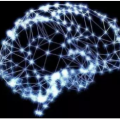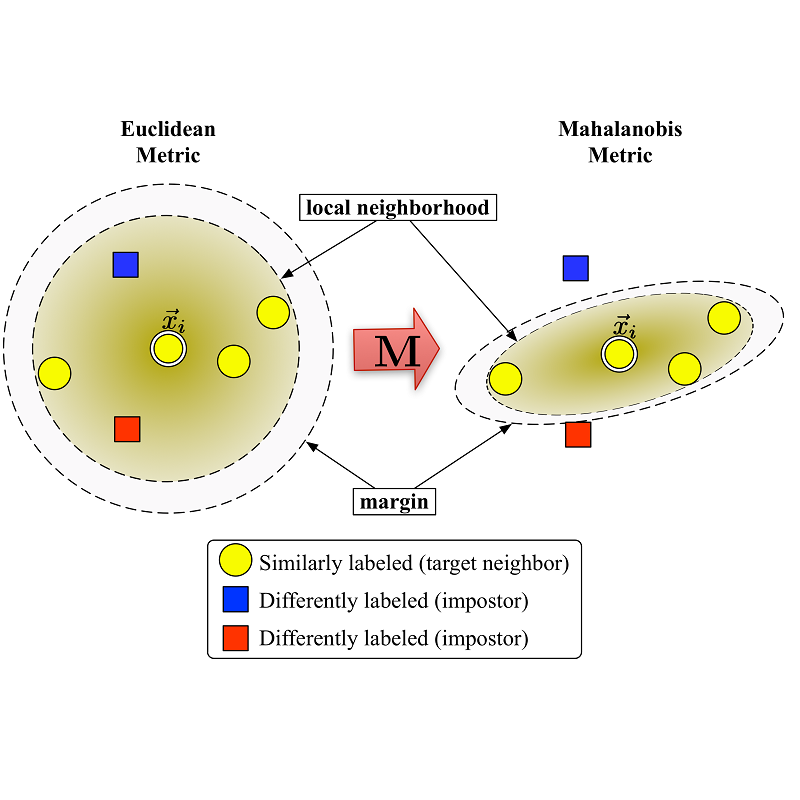Naive Bayes Nearest Neighbour (NBNN) is a simple and effective framework which addresses many of the pitfalls of K-Nearest Neighbour (KNN) classification. It has yielded competitive results on several computer vision benchmarks. Its central tenet is that during NN search, a query is not compared to every example in a database, ignoring class information. Instead, NN searches are performed within each class, generating a score per class. A key problem with NN techniques, including NBNN, is that they fail when the data representation does not capture perceptual (e.g.~class-based) similarity. NBNN circumvents this by using independent engineered descriptors (e.g.~SIFT). To extend its applicability outside of image-based domains, we propose to learn a metric which captures perceptual similarity. Similar to how Neighbourhood Components Analysis optimizes a differentiable form of KNN classification, we propose "Class Conditional" metric learning (CCML), which optimizes a soft form of the NBNN selection rule. Typical metric learning algorithms learn either a global or local metric. However, our proposed method can be adjusted to a particular level of locality by tuning a single parameter. An empirical evaluation on classification and retrieval tasks demonstrates that our proposed method clearly outperforms existing learned distance metrics across a variety of image and non-image datasets.
翻译:NBNN是一个简单而有效的框架,它解决了K-Nearest邻居(KNNN)分类的许多隐患。它在若干计算机愿景基准上产生了竞争性结果。它的中心原则是,在 NN 搜索期间,查询没有与数据库中的每个实例进行比较,忽视了类信息。相反,NN的搜索在每类中进行,产生每类的得分。NNN技术包括NBNNN的关键问题是,当数据代表不能捕捉概念(例如,以阶级为基础的)相似性。NBNNN通过使用独立设计的描述符(例如,~SIFT)绕过这一点。它的中央原则是:在基于图像的域外扩展其适用性,没有将类信息与数据库中的每个实例进行比较。相反,NNNT在每类中进行搜索,产生一个不同的分数。NNNN的关键问题是,即NBNP技术(包括NBNNNNNNN)的关键问题,当数据代表不能捕捉到一个软形式的选择规则。NBNB的典型的远程学习算法通过全球或当地的标准校准,可以清楚地了解一个不同的地理范围定义。但是,我们提出的一种方法可以用来调整我们现有的标准,用来调整现有的标准。




